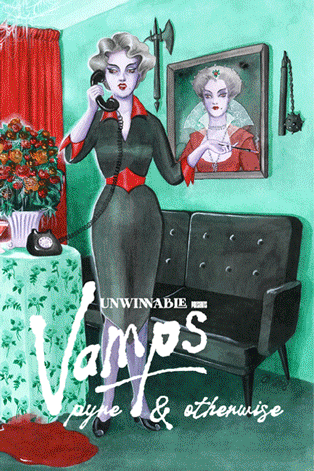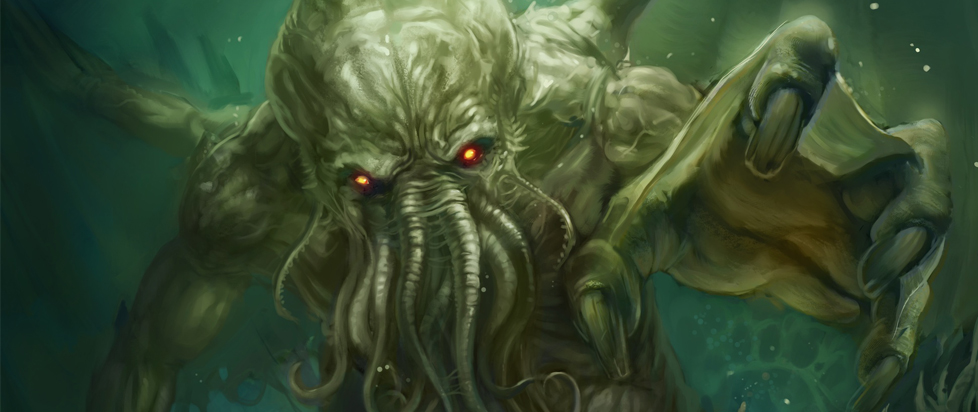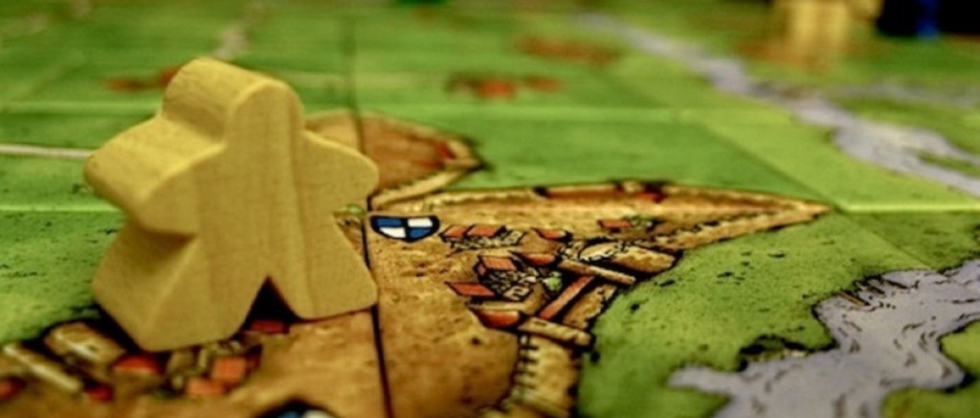
Pushing Cubes: Embracing the Eurogame
Last week I wrote a primer for those looking to dive into the overwhelming world of designer board games. In short terms, the best way to choose a game is to do your research and decide what game mechanics best fit your tastes. One of the biggest selling points beyond that, however, is a game’s theme.
It’s easy to get excited about a game that charges you with the defense of a planet or sends you into a dangerous dungeon, rife with traps and monsters. But what about a game centered on trading in the Mediterranean during the height of the Roman Empire? Or one about the 16th century spice trade?
Themes like these tend to have less mainstream appeal, and it’s not that difficult to see why. After all, who wants to play a game where the people on the box don’t even look like they’re having much fun? It doesn’t exactly instill confidence that your group is in for a riveting time. But if you’re willing to look this sad fellow in the eyes and crack the box open, Eurogames are capable of offering some of the most polished and elegant mechanics in all of gaming.
“Eurogame” is a sort of catchall term for games that involve little to no luck and competition over scarce resources, among other characteristics (you can probably thank the Settlers of Catan for the term’s origin). They don’t necessarily need to be European in origin. This wiki page does a far better job of explaining it than I can, but the point of emphasis is that the focus is more on the mechanics of the game rather than the theme. Often times, the theme is said to be “pasted” on over the gameplay. They also tend to share many aesthetic elements, and the components are usually wooden (most often in the form of cubes) rather than plastic.
Eurogames, with their bland box art and dry themes, are understandably less appealing than the standard fare you’ll find in Target, but I encourage any prospective board gamer to give some of the more prominent titles a shot. I can say with confidence that roughly 90 percent of my favorite games fall under the “Euro” umbrella.
One of my favorite instances of championing the Eurogame came when I stumbled across the game Concordia, which I referenced above. After watching Rahdo’s playthrough, I was immediately convinced that it was something my regular group would enjoy, but it was a tough sell given the dull box art and theme. The elegant rules won out, though. After explaining that the only thing a player does on their turn is play a single card the table embraced it. Granted there is much more to it than that, but it serves as a great example of what Euros have to offer.
The next time you find yourself in a local game store and find yourself face-to-face with this odd scene don’t outright dismiss it; you simply never know what form your new favorite game will take. Embrace the Eurogame and you just might surprise yourself.





